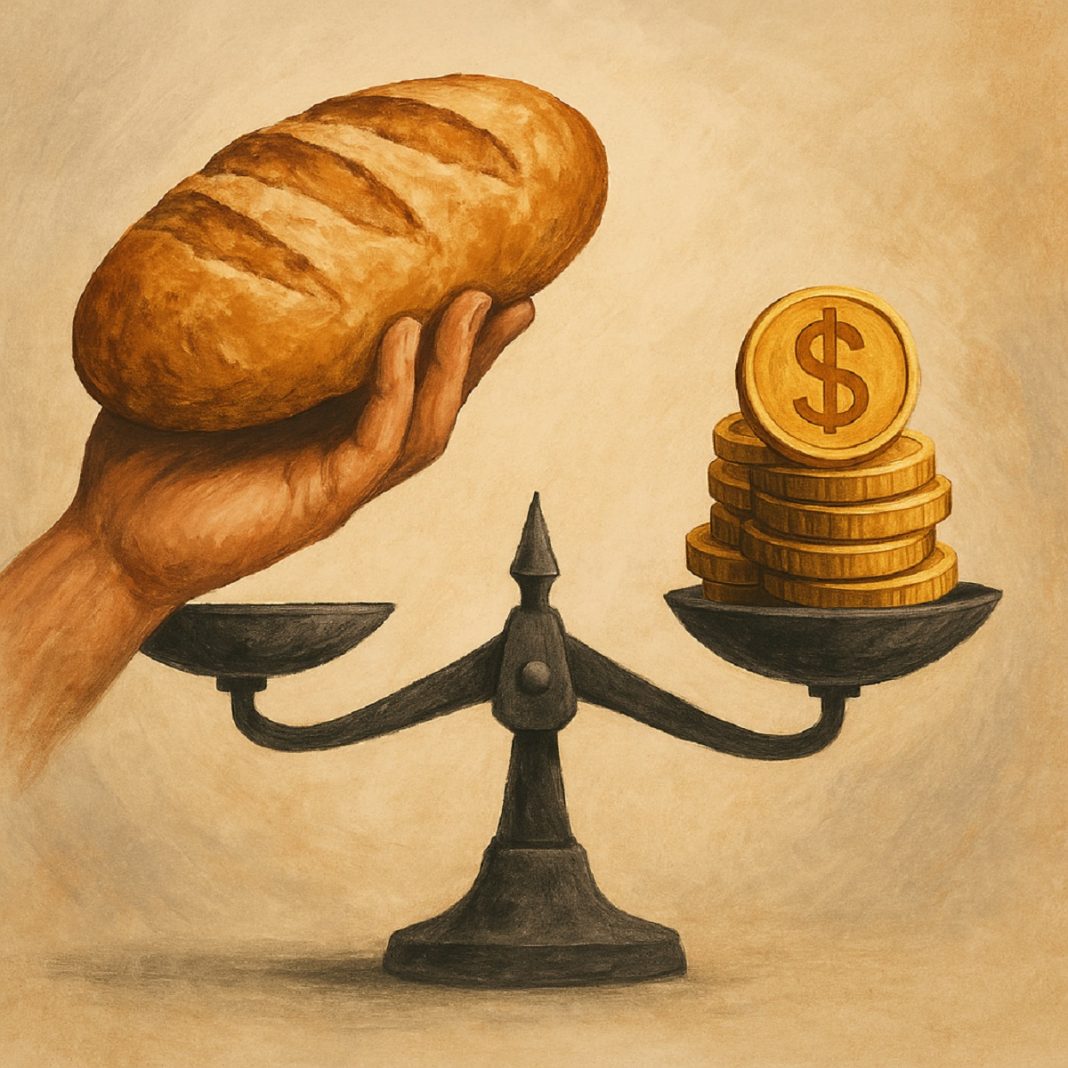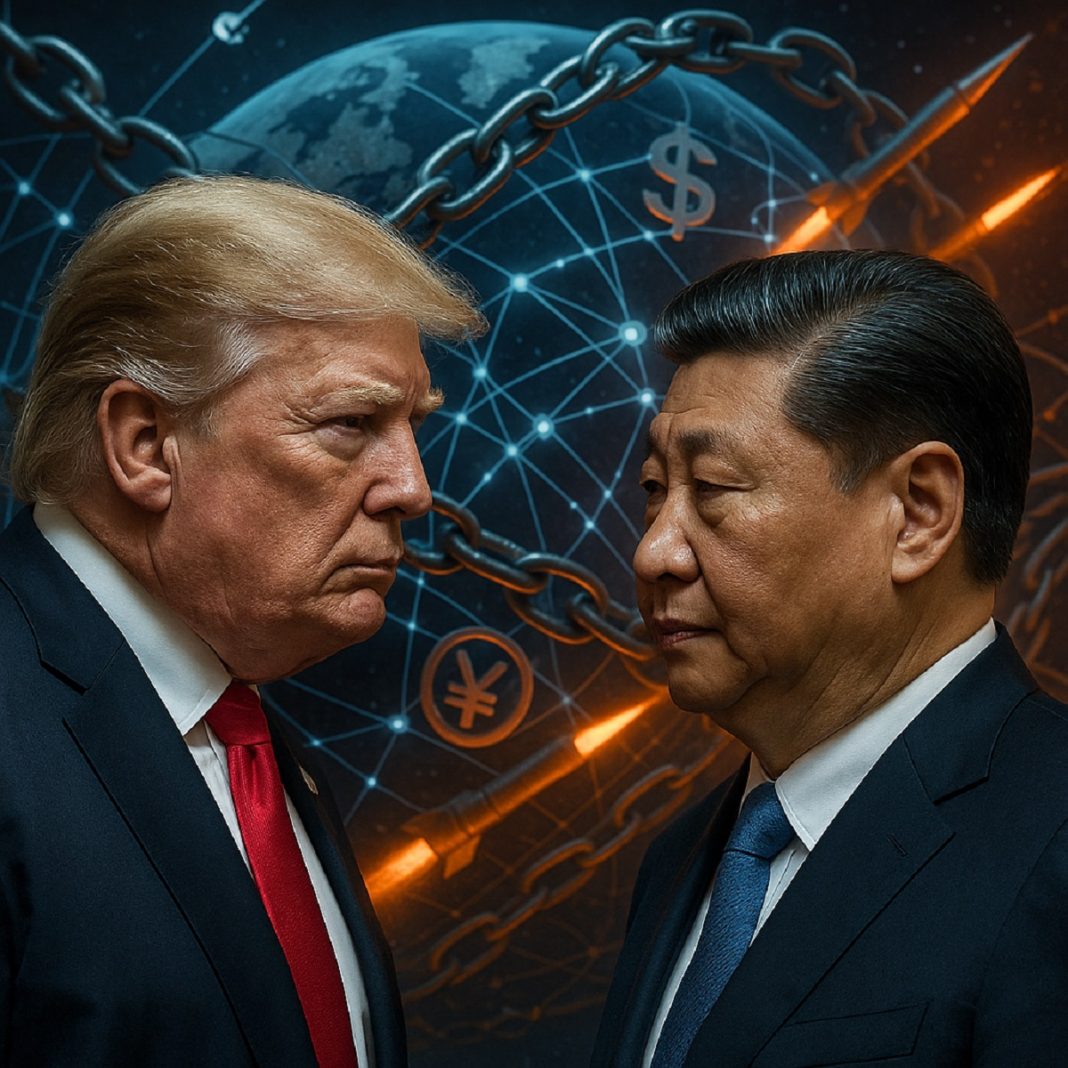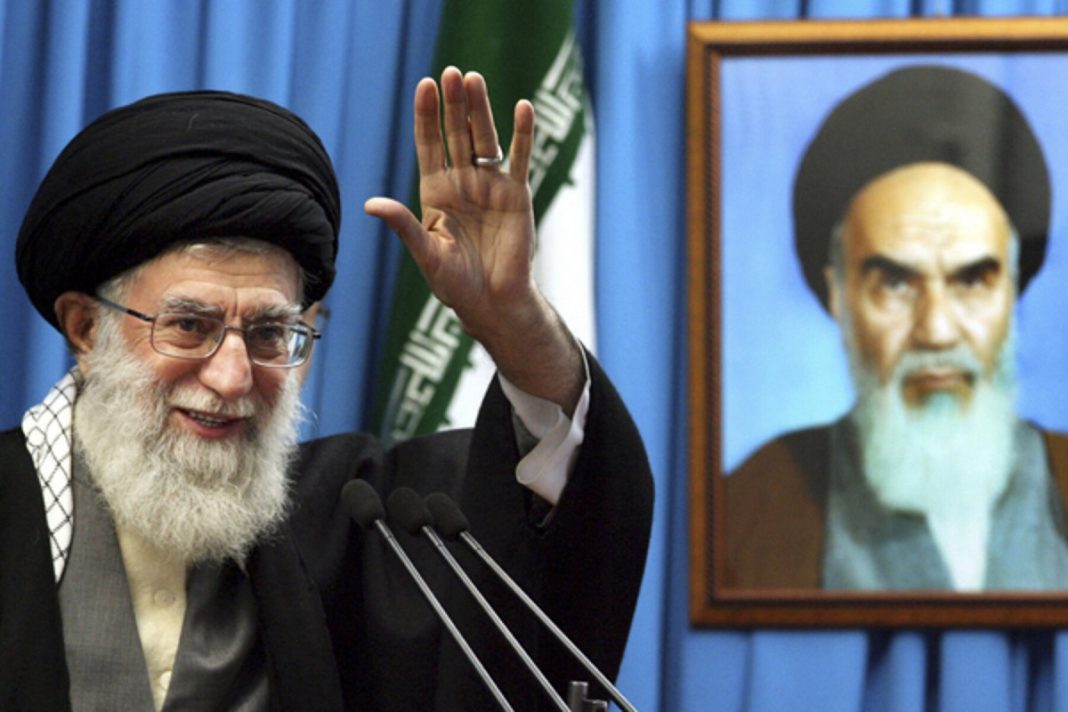Gabriel G Tabarani
For decades, the Middle East’s rulers have bought peace with cheap bread and fuel. Subsidies, introduced after the second world war to stabilise prices, evolved into political insurance policies—an implicit bargain between citizens and the state. In exchange for limited political freedom, governments promised protection from hunger and hardship. It worked, mostly. But the arithmetic behind this social contract is collapsing.
Across the Middle East and North Africa (MENA), subsidies remain vast. In Egypt they still consume more of the budget than health or education. Iran once spent over a fifth of its GDP on them. Morocco’s 2012 subsidy bill, at 6.6% of GDP, outstripped spending on schools and hospitals combined. Fuel subsidies are the chief culprit: costly, environmentally perverse and socially regressive. They benefit those who drive more and cool larger homes, not the poor they were meant to help.
Economists have complained for decades that subsidies distort markets and drain treasuries. The IMF and World Bank want them replaced with targeted cash transfers that reach the neediest directly. On paper, this makes sense. Properly designed, such schemes cost less, help more, and even boost schooling and nutrition. Yet few reforms in the region have gone smoothly. The problem is not economic theory but political and institutional weakness.
Iran’s experience is a cautionary tale. In 2010 the government boldly slashed subsidies on fuel and bread, promising every household cash in return. For a time the policy worked: consumption rose, poverty fell, and Tehran was praised by technocrats for its courage. Then inflation soared, the currency sank, and the real value of transfers evaporated. Administrative chaos turned a targeted scheme into a near-universal one that reached almost everyone and cost more than the subsidies it replaced. By the mid-2010s the reform had collapsed under its own contradictions. Rather than freeing resources, it swallowed them.
Elsewhere, fear of unrest has paralysed reform. The “bread intifada” in Egypt in 1977, triggered by IMF-backed cuts to food subsidies, still haunts officials. Similar riots in Tunisia and Morocco in the 1980s remain etched in memory. In countries where bread is a political symbol, tinkering with its price can be suicidal. Governments therefore prefer quiet half-measures: trimming fuel subsidies, adjusting electricity tariffs, or restricting the number of subsidised loaves per family. These tweaks ease budgets without lighting the fuse of revolt.
Even so, the numbers are ugly. The region’s public debt in non-oil states is expected to reach 77% of GDP in 2025. Fiscal deficits are widening again. The geopolitical shocks of the past few years—pandemics, wars, and food-price spikes—have made subsidy bills swell anew. Meanwhile, trust in government is scarce. Surveys show that fewer than 40% of citizens in Jordan, Tunisia, or Morocco express much confidence in their rulers; in Lebanon, just 7% do. Under such conditions, asking the public to sacrifice cheap bread for the promise of long-term efficiency is a hard sell.
Some countries are trying. Egypt’s Takaful and Karama programmes now provide cash transfers to nearly five million households, half of the country’s poor. Jordan’s National Aid Fund and Tunisia’s Amen scheme cover smaller but growing shares of their populations. Unified social registries—databases designed to identify the genuinely needy—are slowly emerging. These are encouraging steps. But social-protection spending across the Arab world still averages only 4.6% of GDP, far below global levels. Coverage remains patchy; informal workers are often left out; data systems are weak. Without reliable records, digital payments and transparent audits, cash transfers risk reproducing the same inefficiencies they were meant to cure.
That makes timing crucial. Successful reform depends on macroeconomic calm, credible institutions and, above all, public trust. Cutting subsidies during an inflationary spiral or amid political turmoil is folly. The savings should also be visible. Citizens must see where the money goes: to schools, hospitals or public transport, not to bureaucratic black holes. Otherwise, reform looks like confiscation, not modernisation.
The sequence matters too. Energy subsidies, not food, should go first. Fuel subsidies are far more regressive and environmentally harmful, and their removal rarely provokes the same outrage as bread price hikes. Morocco, Tunisia and Egypt have shown that gradual, well-signalled increases in fuel prices, combined with compensatory payments, can succeed. Once credible safety nets are in place, governments can revisit food subsidies more cautiously.
Still, subsidy reform alone cannot fix public finances. Many Middle Eastern economies remain weighed down by bloated state-owned firms that devour subsidies and block private competition. Tax systems rely heavily on regressive consumption taxes while neglecting income and property taxes. Streamlining these systems, improving compliance and closing loopholes would yield more lasting fiscal space than slashing food prices ever could.
The deeper challenge is political. Subsidies endure not because policymakers misunderstand economics, but because they understand politics too well. Cheap bread is the last defence of legitimacy in a region where elections matter little and social protection systems are weak. To cut it without offering something tangible in return risks tearing at the fabric of state authority. Yet to maintain it indefinitely is fiscally untenable.
The only viable path is gradualism with transparency: phase out the most distortive subsidies first, redirect the savings to well-monitored cash programmes, publish the accounts, and resist the temptation to promise quick miracles. Reform, in short, must earn trust before it can demand sacrifice.
The Middle East’s leaders know that the age of blanket subsidies is ending. The question is whether they can dismantle it without dismantling stability. Bread may be cheap, but trust is dear—and once lost, no government can subsidise its return.
This article was originally published in Arabic on the Asswak Al-Arab website


